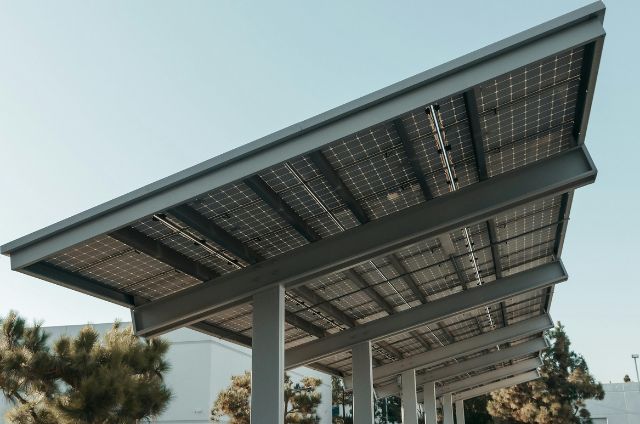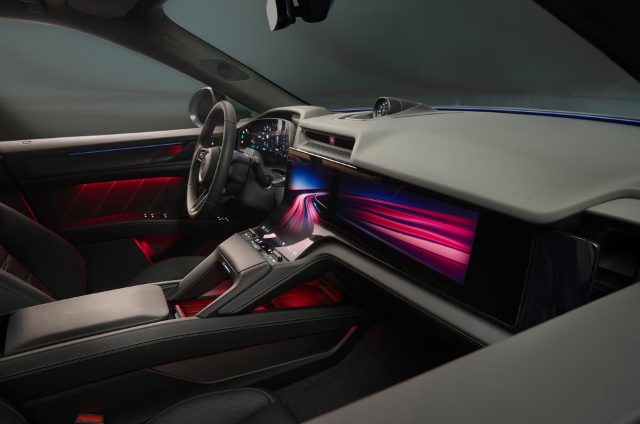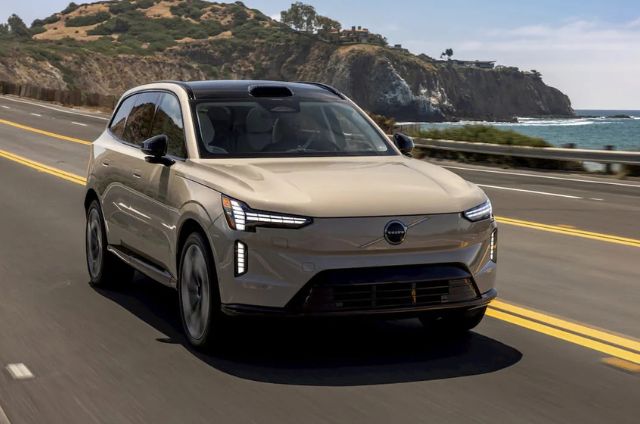Time Is Running Out
If you’re thinking about buying an electric vehicle or installing rooftop solar, now’s the time to act. A new federal law—nicknamed the “One Big Beautiful Bill”—has officially ended the long-standing tax credits for both EVs and residential solar systems. The legislation, signed by President Trump, sets a hard deadline: all incentives expire by the end of 2025.
What’s Changing and When
The bill phases out federal clean energy incentives. This includes the $7,500 EV tax credit and the 30% solar installation credit. After December 31, consumers will no longer receive these benefits when purchasing electric cars or adding solar panels to their homes. Industry experts expect a major rush of buyers and installers before the cutoff date.
Why It Matters
For many households, these credits reduce upfront costs significantly. Losing them could mean thousands of dollars more out-of-pocket. Electric vehicle demand could spike in the final months of the year, leading to dealership shortages and longer delivery times. Solar companies are also bracing for a surge in last-minute bookings as homeowners try to beat the deadline.
The Push to Act Now
If you’ve been considering the switch to clean energy, delaying could cost you. EVs and solar installations are long-term investments that offer big savings over time—but only if you act while credits are still available. Waiting until late 2025 might leave you without the incentives or stuck in a backlog.
What Comes Next
Although the bill closes a major chapter in U.S. clean energy policy, some states may introduce local incentives to help bridge the gap. For now, the message is clear: the window for federal support is closing fast.
Bottom Line
This is your final chance to make the most of federal tax credits for EVs and solar. If clean energy is on your radar, act before the clock runs out.



